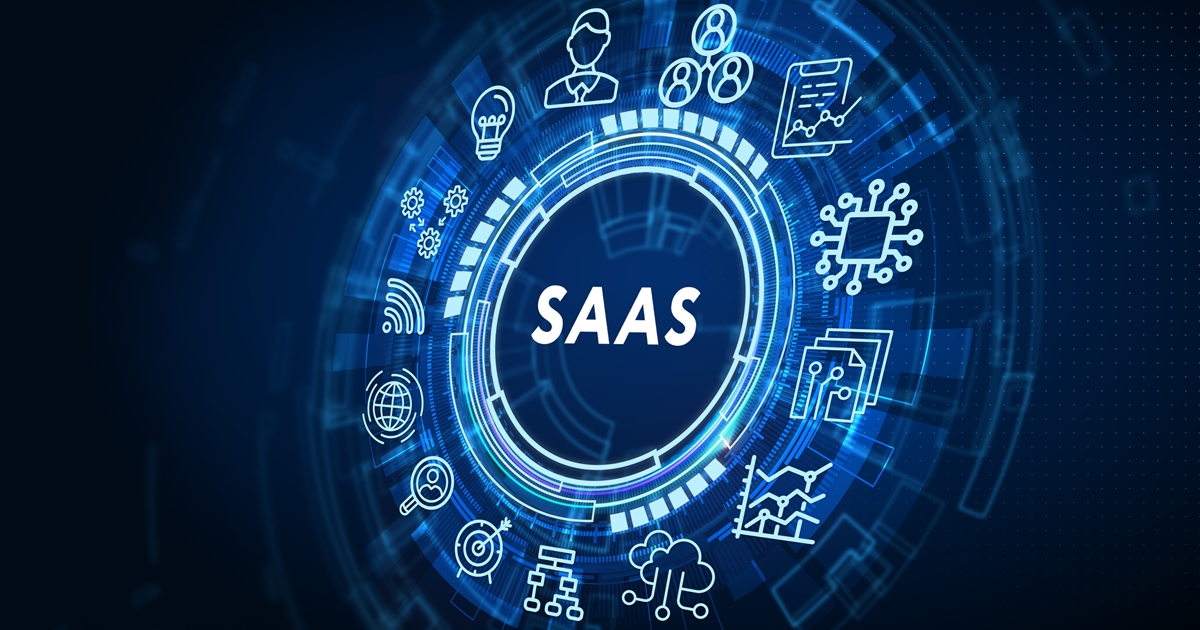
SaaS stands for Software as a Service, which is a software licensing and delivery model where software is provided to users over the internet, rather than being installed locally on individual computers. In a SaaS model, users access the software through a web browser, and the software is hosted and maintained by the service provider, relieving users of the need to install, manage, and update the software on their own systems.
SaaS is a type of cloud computing, where software applications are provided as a service over the internet, typically on a subscription basis. Users can access the software from any device with internet access, making it highly accessible and convenient. SaaS applications are typically multi-tenant, meaning that multiple users or organizations can use the same instance of the software, with their data and settings kept separate and secure.
SaaS has become increasingly popular in recent years due to its many advantages. Some of the benefits of using SaaS include:
Cost-effective: SaaS eliminates the need for upfront investments in hardware, software, and infrastructure, as well as ongoing maintenance and updates. Users typically pay a subscription fee, which can be more cost-effective, especially for small and medium-sized businesses, compared to traditional software licensing models.
Scalability: SaaS allows users to scale their software usage up or down based on their needs, without having to invest in additional resources or infrastructure. This makes it highly flexible and adaptable to changing business requirements.
Accessibility: SaaS applications are accessible from anywhere with internet access, making it easy for users to collaborate, work remotely, and access their software and data on different devices.
Maintenance and Updates: SaaS providers are responsible for maintaining and updating the software, ensuring that users always have access to the latest features, bug fixes, and security patches without having to worry about managing updates themselves.
Integration: SaaS applications can often be easily integrated with other software and systems, allowing for seamless data exchange, workflow automation, and enhanced productivity.
Customization: Many SaaS applications offer customization options, allowing users to configure the software to their specific needs without requiring extensive coding or development.
SaaS is used in a wide range of applications, including customer relationship management (CRM), human resources management, project management, collaboration tools, email and messaging, accounting and finance, and many others. It has become a popular choice for businesses of all sizes due to its cost-effectiveness, flexibility, and accessibility.